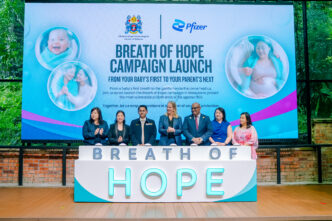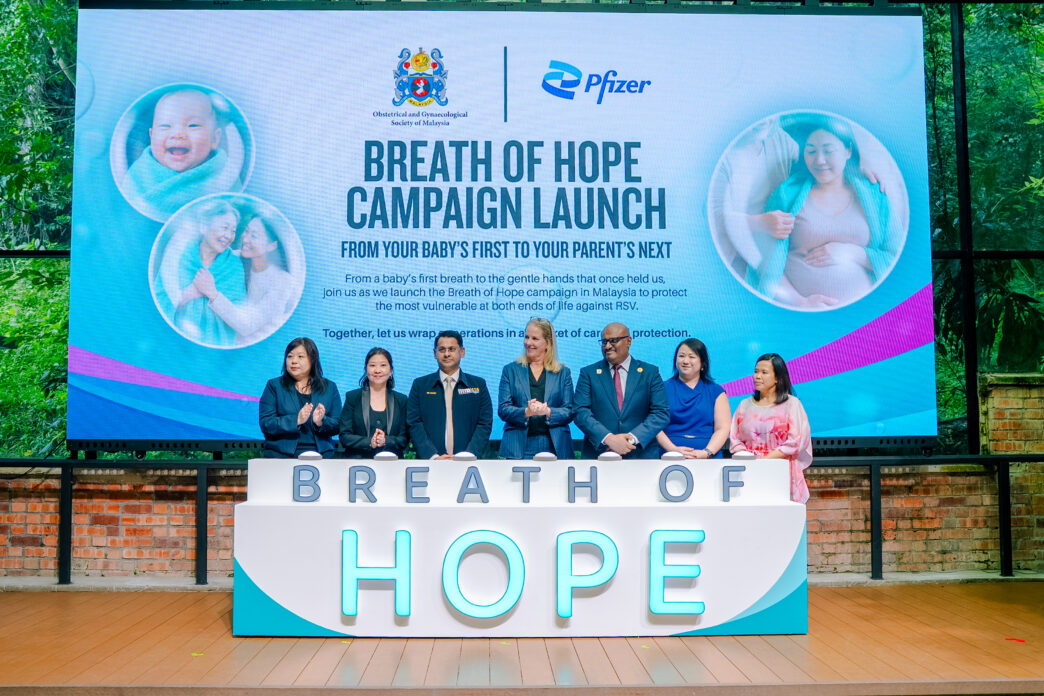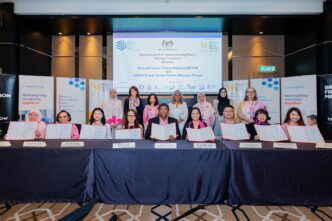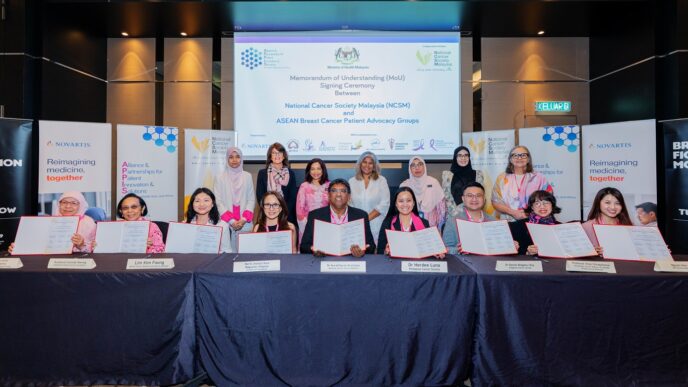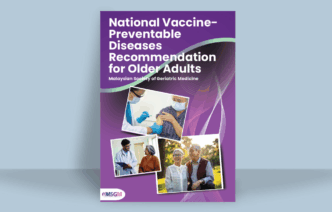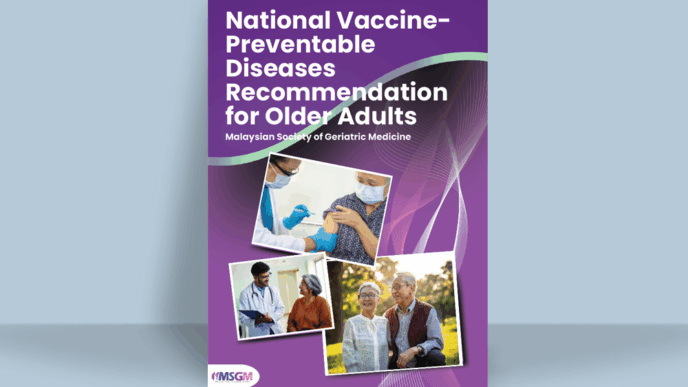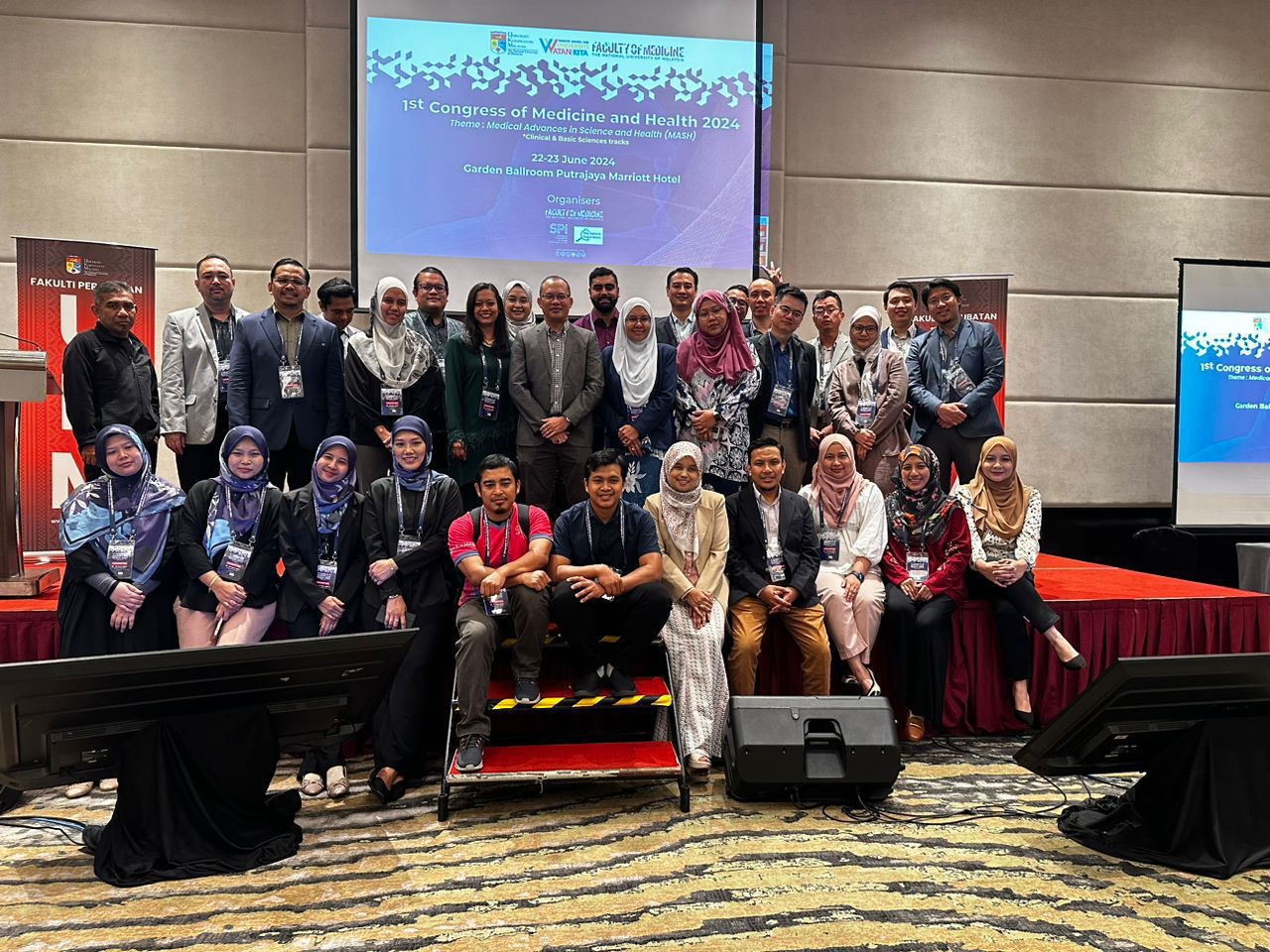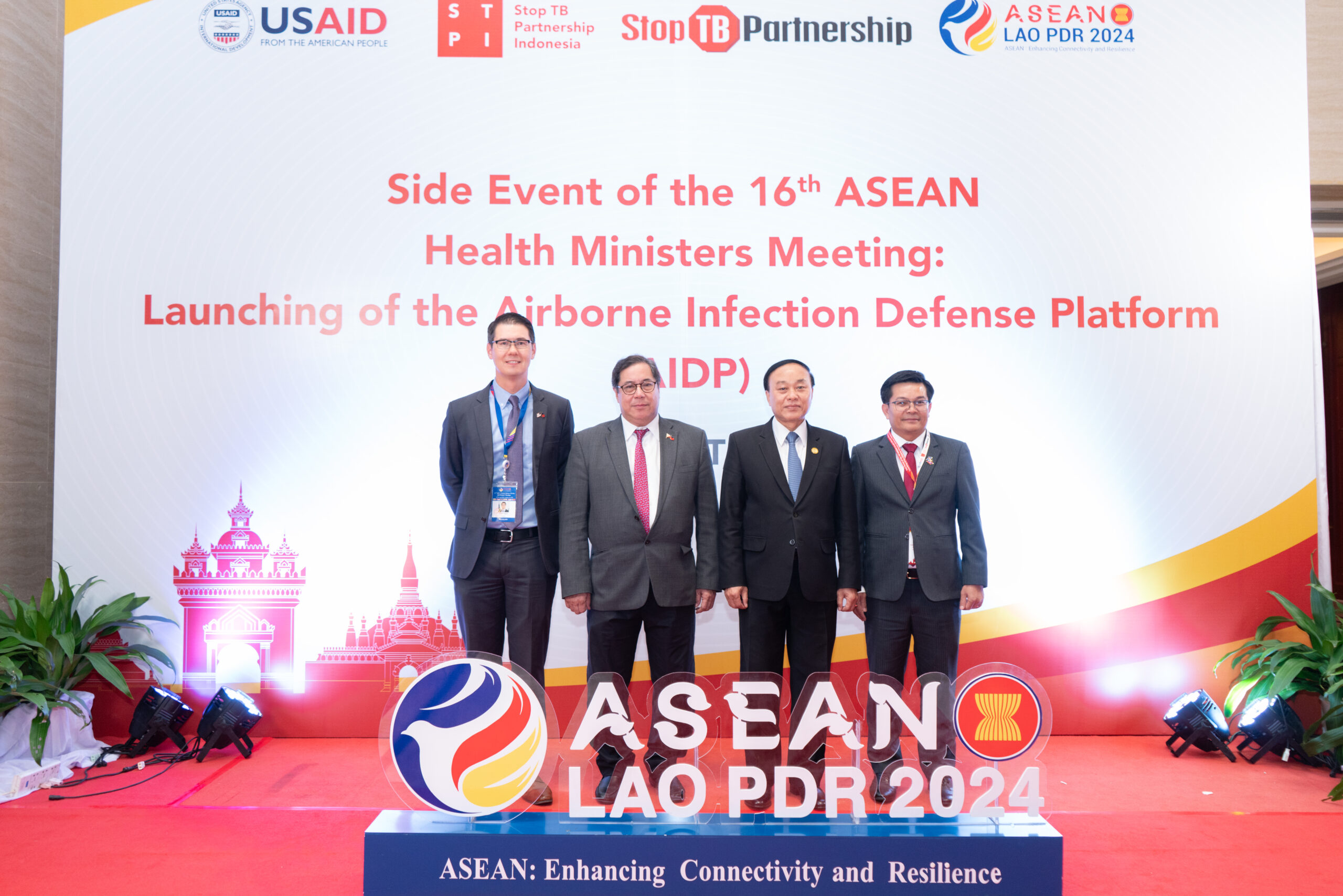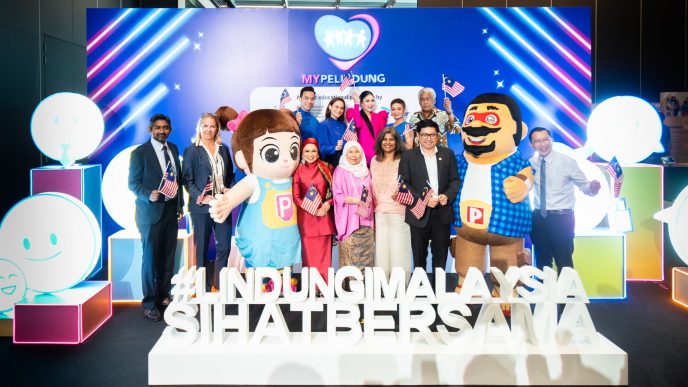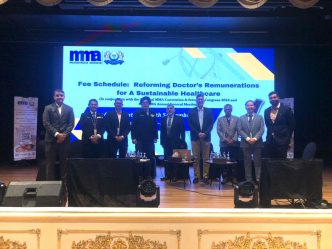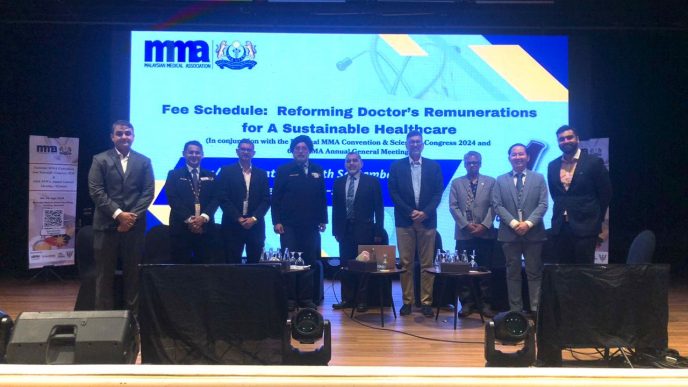Respiratory syncytial virus (RSV) infection can seem like just another cold, but it causes the hospitalization 3.6 million children and kills 33,000 older adults globally each year. Now Malaysia’s doctors are recommending a newly launched vaccine as the preventive measure against a virus that hits hardest during this monsoon season.
WORDS LIM TECK CHOON
IT CAN APPEAR LIKE A COLD, BUT IT CAN KILL
Every parent knows the drill: your baby gets a cough, maybe a runny nose, and you figure it’s just another daycare bug.
Yet, for many, what starts as seemingly innocent sniffles can become a nightmare of ICU admissions, oxygen machines, and sleepless nights watching their infant struggle to breathe.
Meet respiratory syncytial virus or RSV.
- The virus is responsible for 33 million infections and 3.6 million hospitalizations in children under five globally each year.
- In Malaysia, this virus has a particularly cruel timing, surging during monsoon seasons when families are already dealing with flooding and disrupted routines.
| For more information on RSV, click here for paediatrician Dr Lee Onn Loy’s expert opinion on this matter. |
A MOTHER’S WORST FEAR COMES TRUE
Sherry Beh thought she knew what to expect when her son started coughing. “I thought it was just another daycare bug as common colds and sniffles happen all the time,” she recalls. But this was different.
“His cough kept getting worse, and even after our first hospital stay, he wasn’t getting better. It broke my heart to see him unable to sleep, struggling to breathe, and eventually needing to be hospitalized again for five more days. No parent ever expects something as serious as RSV.”
THE EPIDERMIC THAT HITS NEWBORNS AND THE ELDERLY
Here’s what makes RSV particularly insidious: it doesn’t just target babies.
The virus also poses a serious threat to adults over 60, especially those living with chronic conditions like diabetes, asthma, or heart disease. In Malaysia’s multi-generational households where grandparents often help care for grandchildren, this creates a perfect storm of vulnerability.
“A cough from a visiting grandchild might not seem serious, but it can trigger severe complications in a diabetic grandfather,” warns Datuk Dr Thirunavukarasu Rajoo, President-Elect of the Malaysian Medical Association.
A NEWLY LAUNCHED VACCINE OFFERS HOPE
On 18 August 2025, the Obstetrical and Gynaecological Association of Malaysia (OGSM) partnered with pharmaceutical giant Pfizer to launch “Breath of Hope”, a nationwide campaign promoting maternal immunization and elderly protection as the key to preventing RSV.
“RSV vaccination is the next breakthrough in maternal immunization that will be saving more lives,” declared Dr Muniswaran Ganeshan, Past President of OGSM, positioning the vaccine as a game-changing intervention.
Pregnant women that receive the vaccine can pass the protective antibodies to their babies through the placenta.
This boosts the baby’s natural defense during those crucial first months when infants are most vulnerable.
“Looking back, I wish I had known more about RSV and that there were ways to protect him even before he was born,” reflects Sherry Beh.
The theme of the campaign is “Every breath matters: from your baby’s first to your parent’s next.”
EVERY BREATH MATTERS
The campaign promises to bridge knowledge gaps and encourage proactive discussions between healthcare providers and patients. Medical professionals will see increased awareness materials in clinics, and social media will feature testimonials from doctors and mothers advocating for prevention.
According to Professor Dr Aida Hani Mohd Kalok, a maternal foetal medicine specialist and the Assistant Secretary of OGSM, this campaign is about giving every baby a stronger start in life, from their first breath.
Furthermore, the “Breath of Hope” campaign calls on adult children to check their elderly parents’ respiratory vaccination status. It also encourages adult physicians, especially primary care physicians to have proactive discussion with their patients on vaccination, as well as screen and counsel high-risk seniors during clinic visit or routine follow up.
| This article is part of our series on milestone events in the health landscape. |

